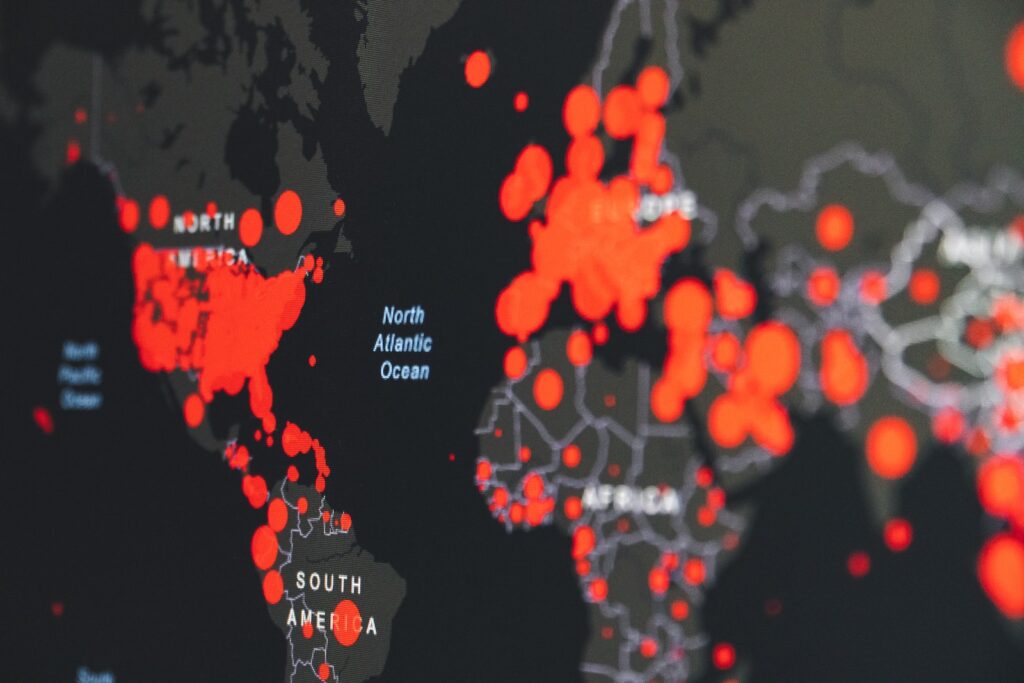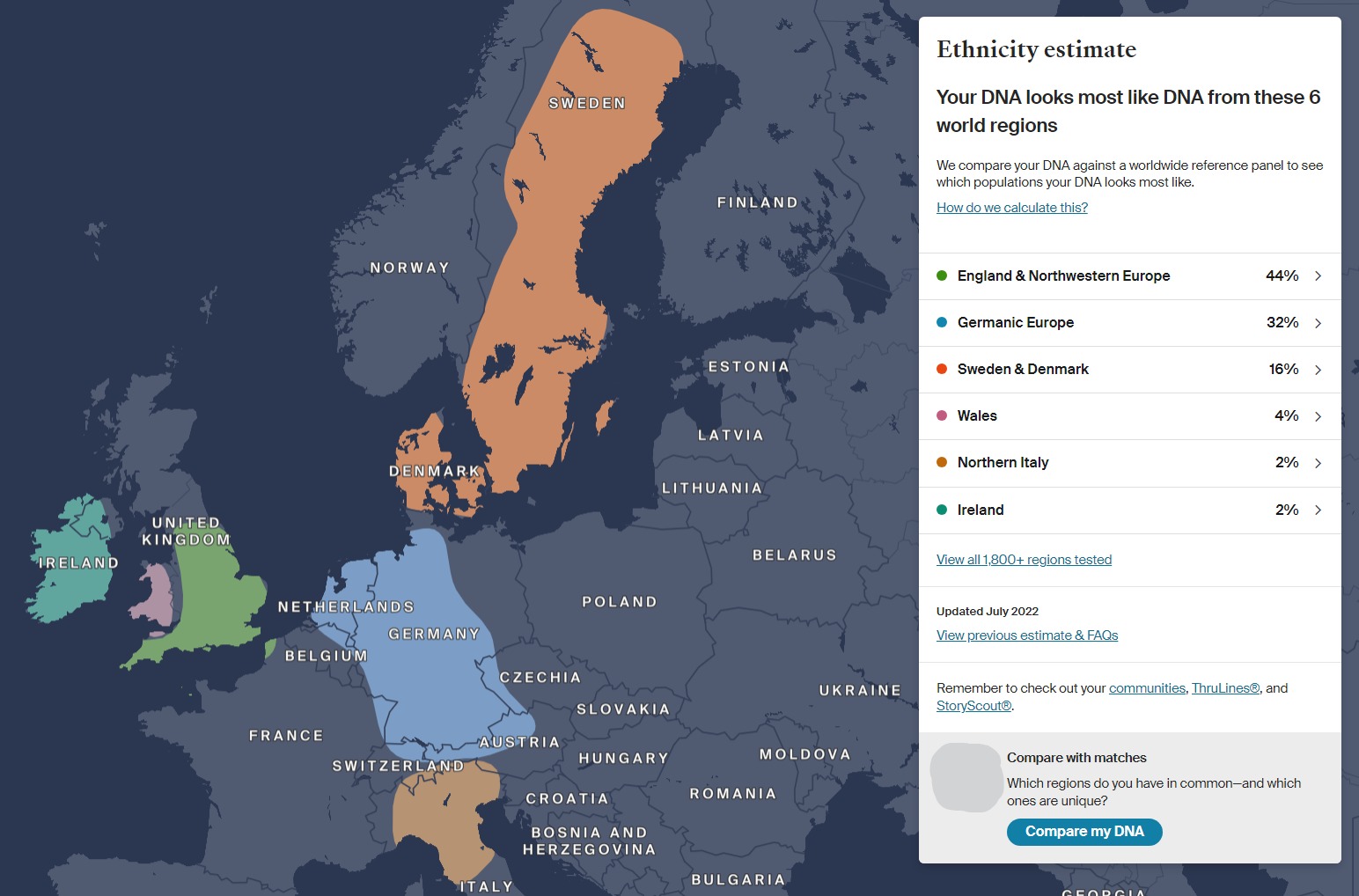Disclaimer for Russian Readers
Before we proceed, I want to make it abundantly clear that I fully support Ukraine in the ongoing conflict. This post may contain viewpoints that are upsetting to some, particularly my Russian fans. While I appreciate your support for my music, it’s crucial to be transparent about where I stand on this issue.
As you might know, I have a diverse fan base that spans across the globe. I’m grateful for the love and support I receive from all corners of the world. Especially strong are the Latin American countries, the Baltic region, but also Turkey, Northern Africa, Southeast Asia, Japan and – of course – Russia.
However, the ongoing Russian invasion of Ukraine has put me in a difficult position, particularly when it comes to engaging with my Russian fans. I feel compelled to address this issue openly, as it’s something that has been weighing heavily on my mind.
Music has an unparalleled ability to bring people together, regardless of their geographical location, cultural background, or political affiliations. However, in a world increasingly divided by geopolitical conflicts – most notably the ongoing crisis between Russia and Ukraine – I find myself grappling with a complex moral dilemma. Specifically, how do I navigate interactions with my fans from countries embroiled in such conflicts? To delve deeper into this issue, I’ve compiled a comprehensive Top 50 ranking of countries where my music is most popular, based on data from SoundCloud, Spotify, and Apple Music.
The Global Footprint of My Music: A Comprehensive Top 50 Ranking
First and foremost, I want to express my deepest gratitude to all my fans around the globe. Your unwavering support has been both humbling and inspiring. According to my multi-platform statistics, the Top 50 countries where my music is most listened to are as follows:
- 🇺🇸 United States
- 🇩🇪 Germany
- 🇷🇺 Russia
- 🇬🇧 United Kingdom
- 🇺🇦 Ukraine
- 🇲🇽 Mexico
- 🇨🇦 Canada
- 🇯🇵 Japan
- 🇹🇷 Turkey
- 🇫🇷 France
- 🇮🇳 India
- 🇦🇺 Australia
- 🇭🇺 Hungary
- 🇪🇸 Spain
- 🇨🇭 Switzerland
- 🇧🇪 Belgium
- 🇳🇱 Netherlands
- 🇦🇷 Argentina
- 🇧🇷 Brazil
- 🇵🇱 Poland
- 🇮🇱 Israel
- 🇸🇪 Sweden
- 🇮🇹 Italy
- 🇷🇴 Romania
- 🇦🇹 Austria
- 🇨🇱 Chile
- 🇰🇷 South Korea
- 🇵🇭 Philippines
- 🇳🇴 Norway
- 🇫🇮 Finland
- 🇳🇬 Nigeria
- 🇸🇦 Saudi Arabia
- 🇱🇹 Lithuania
- 🇦🇪 United Arab Emirates
- 🇲🇾 Malaysia
- 🇰🇪 Kenya
- 🇨🇿 Czech Republic
- 🇹🇼 Taiwan
- 🇭🇰 Hong Kong
- 🇸🇬 Singapore
- 🇮🇪 Ireland
- 🇰🇿 Kazakhstan
- 🇵🇪 Peru
- 🇬🇭 Ghana
- 🇮🇶 Iraq
- 🇩🇰 Denmark
- 🇮🇩 Indonesia
- 🇪🇬 Egypt
- 🇨🇷 Costa Rica
- 🇪🇨 Ecuador

Fan Support by Continent
When we consider the fan support by continent and adjust it for the total population, the list becomes even more telling:
- North America (Approx. 579 million population)
- Europe (Approx. 748 million population)
- Asia (Approx. 4.6 billion population)
- South America (Approx. 430 million population)
- Africa (Approx. 1.3 billion population)
- Oceania (Approx. 42 million population)
It’s interesting to note that despite Asia’s massive population, it ranks third in the list, suggesting that the per capita fan engagement is higher in North America and Europe. Similarly, Africa, with a population of around 1.3 billion, ranks lower.
Europe’s second-place ranking is particularly noteworthy given its smaller population compared to Asia. The high level of engagement from European countries speaks volumes.
The Weight of the Numbers
The presence of Russia (#3) and Ukraine (#5) in my Top 50 ranking is both a blessing and a curse. On one hand, it’s a testament to the universal language of music, its ability to transcend political and cultural barriers. On the other hand, it serves as a constant reminder of the ethical tightrope I walk on. Engaging with fans from countries actively involved in conflicts that have resulted in atrocities is a moral minefield.
The Fan-to-Population Ratio: A Revealing Metric
One of the most striking aspects of my fan base is the disproportionate level of support I receive from Ukraine. Despite the vast difference in population sizes, Ukraine ranks impressively high in my Top 50 list, even surpassing many larger countries. This outsized support from Ukraine is not just heartwarming; it’s a testament to the love and passion I receive from the Ukrainian people.
- 🇺🇦 Ukraine (5th in the ranking, 37 million population): The support from Ukraine is remarkable when you consider its population size. The country ranks impressively high on the list despite having far fewer residents than many other nations in the ranking.
- 🇷🇺 Russia (3rd in the ranking, 144.4 million population): Despite its large population and high ranking, there’s a discrepancy here. The per capita support from Ukraine is significantly more intense.
- 🇺🇸 USA (1st in the ranking, 331 million population): As the largest country on the list, it’s not surprising that the USA tops the ranking. However, in relation to its population size, the support isn’t as intense as it is from smaller countries.
This contrast adds another layer of complexity to my ethical considerations. While the sheer numbers from Russia are higher due to its larger population, the intensity of support from Ukraine is incredibly meaningful. It serves as a constant reminder of the human aspect behind the statistics and the ethical tightrope I walk on when engaging with fans from these conflicting nations.
The Harsh Reality of War
The conflict between Russia and Ukraine is not merely a political issue; it’s a devastating humanitarian crisis. Reports of war crimes, including targeted attacks on civilians, forced deportations, and sexual violence, are more than just headlines – they’re a horrifying reality for countless individuals. What complicates matters further is the seeming indifference or even tacit approval of these actions by a significant portion of the Russian populace. This societal lethargy in the face of human suffering adds another layer of complexity to my dilemma.
Specific Atrocities
It’s crucial to understand the gravity of the situation in Ukraine. The invasion by Russian forces has led to a humanitarian crisis of immense proportions. According to credible sources, including the International Criminal Court, there have been numerous war crimes committed, ranging from targeted attacks on civilians to mass killings, forced deportations, and sexual violence.
- Over 121,000 Ukrainian children have been kidnapped and deported.
- During the siege of Mariupol, thousands of residents were forcibly deported from Ukraine to Russia.
- Arbitrary detention and enforced disappearances of civilians are rampant.
- Attacks on civilians, including the use of cluster munitions in populated areas, have been documented.
- Massacres like the one in Bucha have occurred, where hundreds of civilians were killed, some through execution.
Just to name a few.
A Balancing Act
Herein lies the essence of my moral quandary. My music enjoys popularity in the Top 50 across multiple platforms, including in countries like Russia and Ukraine, which are embroiled in a deeply troubling conflict. This presents a precarious situation: How do I reconcile the love and support I receive from Russian fans with the harsh realities of their country’s actions? How can I engage with my Ukrainian fans without appearing insensitive to the immense suffering they are enduring?
No Easy Answers
I hope this post, framed by my comprehensive Top 50 ranking, offers a nuanced perspective on the moral and ethical challenges I face. While I am profoundly grateful for the love and support from all my fans, the ongoing geopolitical crises compel me to reassess how I engage with fans from countries involved in such devastating conflicts.
For those interested in learning more about the situation, I recommend visiting the Wikipedia page on war crimes in the Russian invasion of Ukraine.
Thank you for taking the time to read this. As we navigate these complex issues, let’s all strive for a more peaceful and just world.

